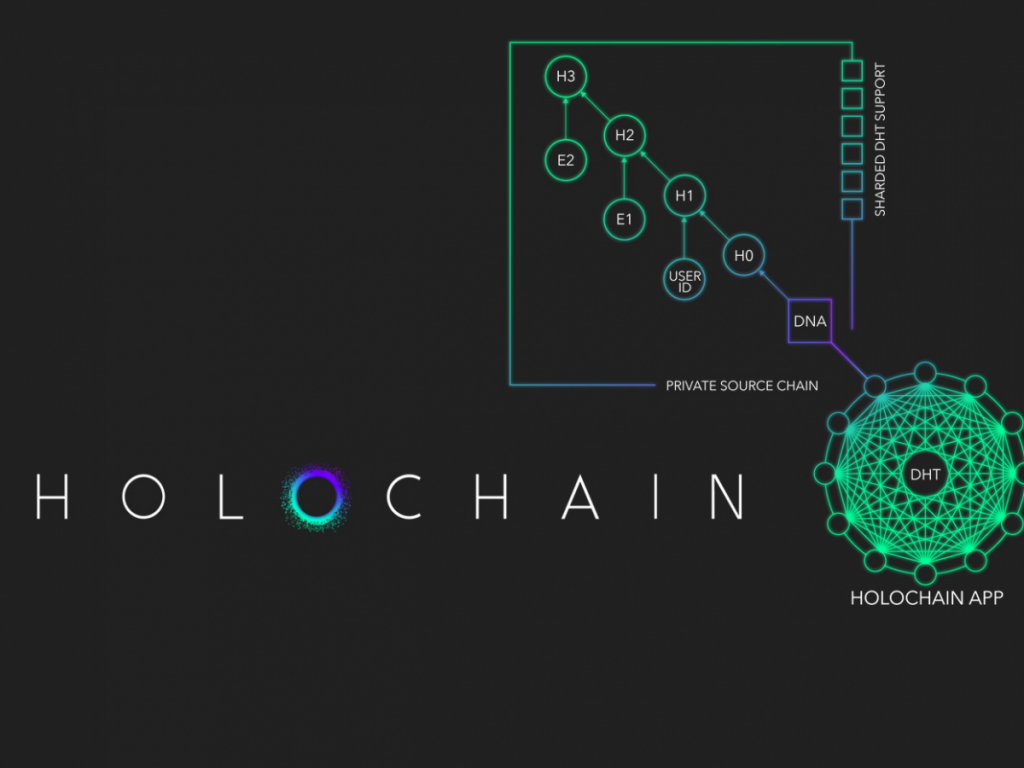DTL or distributed ledger technology is one of the most important aspects when you decide to invest and learn about blockchain. This topic is about the 4 most popular types of distributed ledger technology and their decentralized power.
What is distributed ledger technology?
Distributed ledger technology is a database that is shared and synchronized by a group of people across multiple sites, organizations, or countries. Members of each network node have access to records shared on the network and can have identical copies of them. This technology allows all participants to reflect and replicate any changes within seconds or minutes.
Types of distributed ledger technology
Let’s learn more about the top 4 most popular distributed ledger technology that expert investors recommend.
Blockchain

Known as the most common distributed ledger technology in the finance market, Blockchain technically is a type of DTL that allows user transaction records as a chain of the block.
Think of it as a long list of discs. But not literal blocks; when we say “blockchain” we mean any kind of digital data stored in a database.
These blocks consist of digital information. Blockchain is widely known to consist of three different types of parts. Let’s take a blockchain transaction as an example. Suppose someone made a transaction. The sender’s time, date, and amount sent will be included in the sent action. This block also includes the sender’s information. However, to maintain your anonymity, the technology will use your unique “digital signature” instead of your real name.
Hashgraph
In Hashgraph, multiple transactions can be stored on the ledger with the same timestamp. All transactions are stored in parallel. In this case, each entry in the ledger is called an “event”.

Without a blockchain, no node on the network can manipulate the information or transactions in this distributed ledger. This means that no one on the DLT system can change or postpone all impending orders or control the course of a transaction.
When we compare this to a blockchain, we can see how miners decide which transactions to include in a “block”. The validator nodes in the hashgraph should contain your transactions and other users in the same order as yours, so no one is left behind.
Directed Acyclic Graph (DAG)
A DAG or Guided Acyclic Graph is another ambitious addition to the family of distributed ledgers that are not a blockchain. Known widely as a distributed ledger technology that was created as a proposal against the DLT blockchain, this blockchain-free distributed ledger provides all the benefits of blockchain while improving it. Although an alternative, the ledger is structured quite differently. The ability to offer nano transactions for free is one of the main advantages of implementing a distributed ledger DAG. This is because the scalability of the network increases as it grows.
Holochain
Becoming the pride of the next generation of digital ledger technology, the most obvious change to the platform is the shift from a data-centric approach to an agent-centric approach. Holochain-DLT has almost unlimited scalability as it does not use a global consensus protocol.

Blockchain is designed to decentralize network transactions, while Holochain is designed to decentralize interaction between individual nodes. Each node on the network runs its chain, allowing them to function independently while remaining part of a larger network of thousands of other similar nodes.
It’s all about the 4 most popular types of distributed ledger technology and their decentralized power – the future technology. Guess that you have your knowledge and ideas about each type of DLT.
And if you have any questions about blockchain, please let the SmartOSC experts help you!
Contact us if you have any queries about Blockchain development services, dApps development, NFT marketplace development, Crypto wallet development, Smart contracts development.

